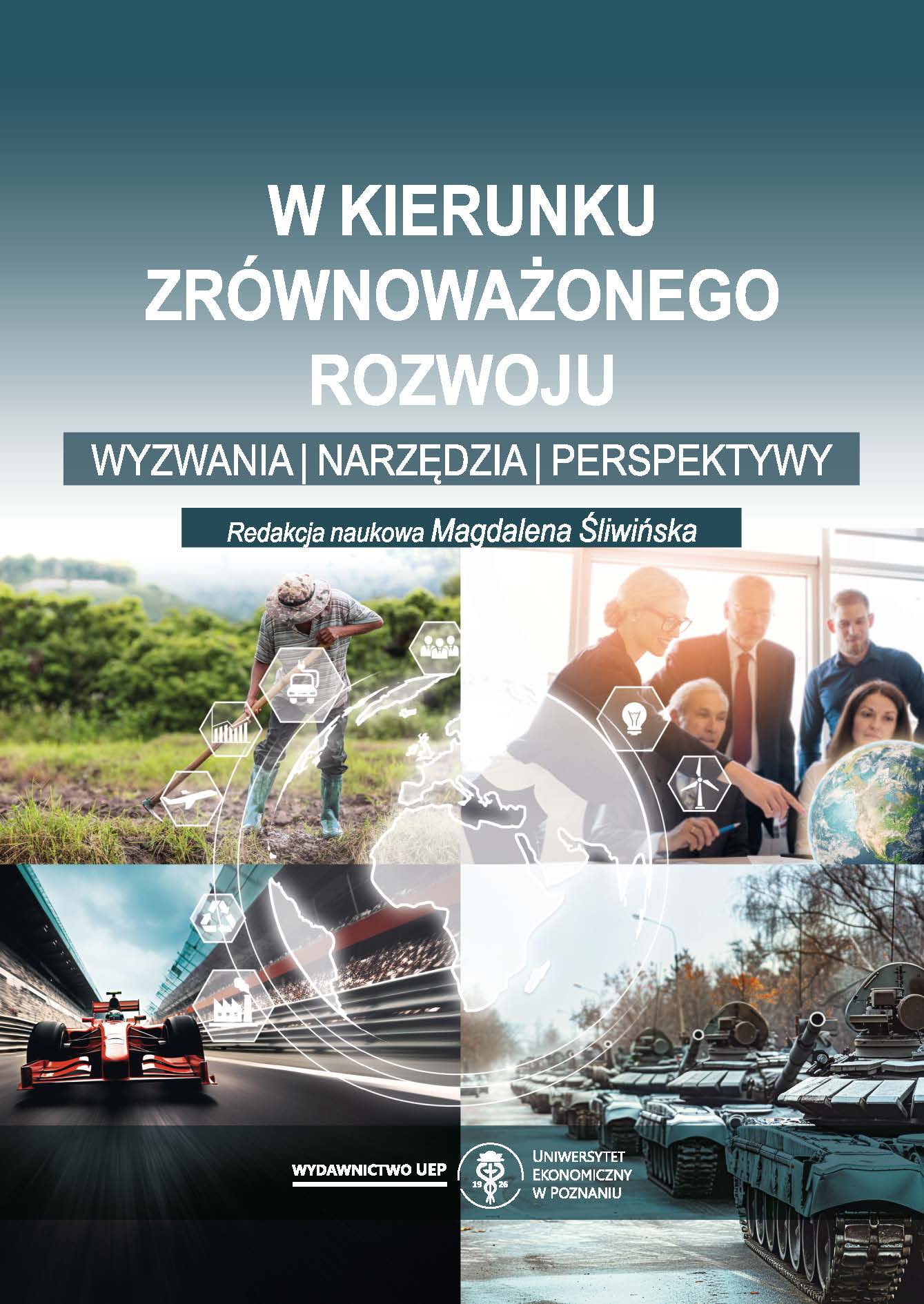
Innovation Policy Copes to Corporate Sustainability Due Diligence Directive: An Interaction Approach
This paper explores the implications of the Corporate Sustainability Due Diligence Directive (CSDDD), adopted at first reading by the European Parliament on 24 April 2024, for fostering innovation within businesses operating in the European Union, particularly those engaged in green energy transitions and decarbonisation strategies. The CSDDD introduces stringent requirements for companies to conduct due diligence on environmental sustainability, including the certification of green supply chains. These requirements align with internationally recognised frameworks, such as the OECD Due Diligence Guidance for Responsible Business Conduct and sectoral guidance, which provide practical steps for companies to identify, prevent, mitigate, and account for potential impacts across their operations, supply chains, and business relationships. The concept of due diligence is further embedded in the recommendations of the International Labour Organization’s (ILO) Tripartite Declaration of Principles concerning Multinational Enterprises and Social Policy. Through a narrative, exploratory- qualitative approach, this study investigates the effect of these regulations on innovation processes, using the Alpha company as a single case study. Semi-structured interviews with Alpha’s managers reveal how the company integrates sustainability and innovation, with a particular focus on strategies relevant to energy cooperatives, underscoring the critical role of both internal and external interactions. The findings advance theoretical models that link sustainability regulations with innovation, emphasising the significance of this relationship for both managerial practices and policy formulation within the context of energy cooperatives and green energy transitions.
More...



